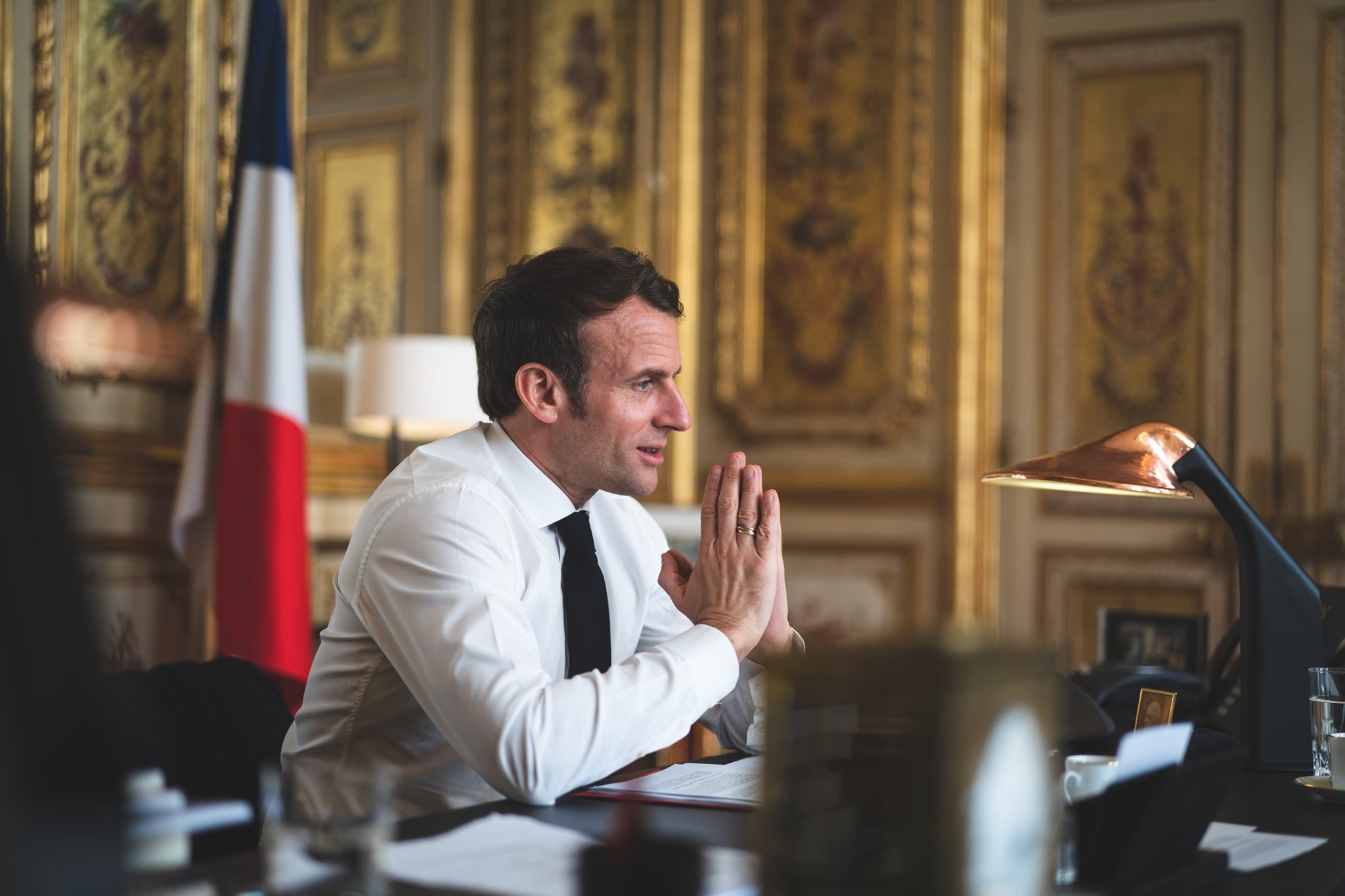How France protects Total in Africa

How France moves in Africa. The in-depth study by Giuseppe Gagliano
France continues to protect its interests especially in the oil sector in Africa – for example in Uganda – and specifically those of Total through a strategy that is similar to that applied during the 70s and 80s.
Military support is in fact the other side of French support for its former colonies.
French defense equipment manufacturer Marck & Balsan won a major contract to equip mountain troops of the Ugandan People's Defense Forces (UPDF) by October. The company, which will supply uniforms and climbing equipment, has relied on the solid contacts established by French diplomats in Uganda.
The French ambassador to Kampala, Jules-Armand Aniambossou, a Franco-Beninese citizen, contributed to Marck's breakthrough. The company won its first contract in Uganda in 2019, equipping the 1st Mountain Brigade. The influential ambassador was also the coordinator of the Presidential Council for Africa (CPA) inaugurated by President Emmanuel Macron in 2017. The two men studied together at the École Nationale d'Administration (ENA) and are still close friends.
Alpine rangers from the French army also lent a hand. Since 2015, these troops have provided training to the UPDF mountain brigades under military cooperation agreements.
These brigades are deployed in the eastern Mount Elgon region, straddling the Uganda-Kenya border and, more importantly, in the western Rwenzori Mountains, which form the border with the Democratic Republic of the Congo and its turbulent North Kivu province.
Under the impetus of President Yoweri Museveni, who defends Uganda's oil interests against ADF rebels in northeastern Congo, the Ugandan 333 Mountain Brigade is already deployed in the city of Beni in North Kivu.
However, the most interesting aspect of the synergy between France and Africa can also be identified from the point of view of intelligence.
Indeed, Bernard Emié, director of the French foreign intelligence agency, DGSE, met with François Beya Kasongo, special security adviser to Congolese president Félix Tshisekedi, in Paris on May 17, one day before a summit on African economies. The two men spoke at length about ways to increase cooperation between Paris and Kinshasa and address the situation in eastern DRC , where attacks by armed groups have been on the rise since the beginning of March. Their main concern is the Allied Democratic Forces (ADF), an armed group of Ugandan descent that swore allegiance to the Islamic State in 2019 and spilled across the border into DRC's North Kivu province. The DGSE already assists local authorities by collecting and sharing information.
The French foreign intelligence chief even had an almost face-to-face meeting with the Congolese president. He joined Tshisekedi and Beya for lunch at the five-star hotel Le Bristol at the Paris Peace Forum in November 2019. The DGSE had long been accommodating to the former omnipotent head of the Congolese national intelligence agency ANR, Kalev Mutond, but their relationships gradually soured as Joseph Kabila clung to power beyond his constitutional mandate.
Once in office, Tshisekedi promptly sacked Mutond, who was under both US and European sanctions, to appoint his deputy Justin Inzun Kakiak as his successor at the head of the NRA. Kakiak has proven to be an “appreciated” partner of the French services and relations between the DGSE and the NRA have heated up in the last two years.
DGSE has part of its technical and human resources committed in the Great Lakes region, particularly in the Beni area, in North Kivu, the epicenter of civilian massacres attributed to the ADF since 2014. After addressing the subject during a lunch working at the Elysée Palace on April 27, French President Emmanuel Macron and Tshisekedi touched upon the issue again during a brief face-to-face meeting on May 18.
Earlier that month, the Congolese president had declared a state of siege in the eastern provinces of North Kivu and Ituri. France, which supports the establishment of a military academy in Kinshasa, has also worked on training modules for the DRC's armed forces, the FARDC, which will be provided by French troops in Gabon commanded by General Jean-Pierre Perrin. Strengthening security cooperation between France and the Democratic Republic of Congo should be one of the main objectives of the French president's planned visit to Kinshasa next autumn.
Meanwhile, for months Paris has also been pushing Brussels to deploy a European Union training mission for the FARDC to strengthen the action of the Congolese army in the east of the country. Modeled after the European Union Training Missions in Mali and the Central African Republic, the project, although not yet developed, has the support of several EU member states and the President of the European Council, Charles Michel, who was in Kinshasa at the end. of April.
While members of the Congolese intelligence cooperate with French intelligence services, cooperation with the CIA remains much more embryonic, although the US agency has always played an important role in the country. Congolese general officials believe Washington has not yet fully transformed its political support for the Congolese president into military support. Security cooperation between the two countries, interrupted under Kabila, officially resumed in August 2020, albeit with limited capacity. That said, Kinshasa hopes that the situation will change with the imminent restructuring of the CIA leadership, led by William Burns since March.
This is a machine translation from Italian language of a post published on Start Magazine at the URL https://www.startmag.it/mondo/come-la-francia-tutela-total-in-africa/ on Tue, 14 Sep 2021 07:48:53 +0000.
